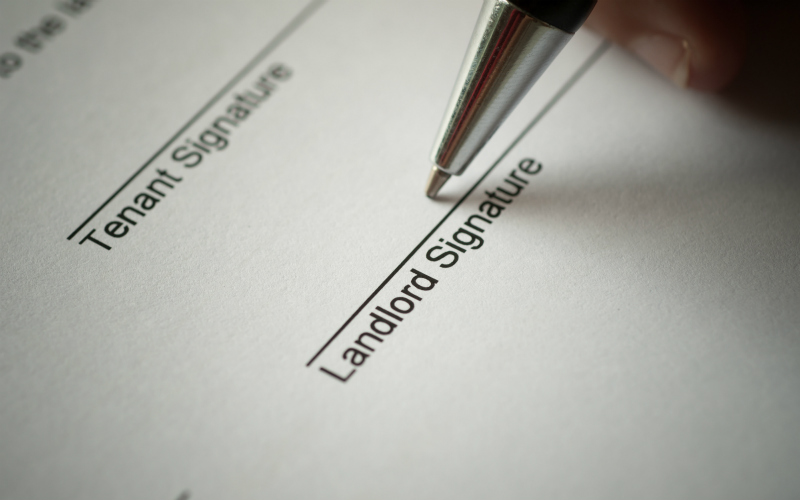
These are challenging times for private landlords who find themselves dealing with an ever-increasing raft of new regulation, and are now getting to grips with the terms of Private Housing (Tenancies) (Scotland) Act 2016 and the new rules and regulation relating to Private Residential Tenancies that came into force on 1 December 2017.
There are, however, other changes that require the attention of Landlords, now.
Landlords, and those considering entering the buy-to-let market, in Scotland need to be aware of the regulations set out in The Energy Efficiency (Domestic Private Rented Property) (Scotland) Regulations 2020. The regulations set minimum standards of energy efficiency in private rented sector housing. The regulations were due to come into force on 1 April 2020 but their introduction has been delayed at this time because of the COVID-19 crisis and the need to reduce the burden on local authorities. However, landlords need to be aware that these regulations will come into effect in the future and they need to be prepared for this.
The principle behind the regulations is to improve the quality and energy efficiency of private residential accommodation in Scotland. The regulations fit with the Scottish Government’s commitment to climate change targets, energy efficiency targets and fuel poverty targets. This is all part of Scotland’s long term energy efficiency programme (SEEP).
Briefly, the regulations are as follows:-
- Private rented homes in Scotland will require an Energy Performance Certificate (EPC) rating no lower than level “E”. That rule was to apply in the case of all properties where new leases are entered into on or after 1 October 2020, although that date may now be amended to a later date due to the aforementioned delay with the launch of the regulations. If a landlord is letting a property on or after the effective date, they will need to be able to demonstrate that the property has a minimum energy rating of E . By a backstop date of 31 March 2022, all private rented properties with an EPC will need to meet this standard. The regulations further provide that where new leases are entered into on or after 1 April 2022 the properties will need to conform to energy efficiency level “D”. By 31 March 2025, all privately rented residential properties will need to conform to energy efficiency level “D”.
- In certain circumstances, an owner may not be required to carry out all of the works detailed in the assessment. That would be the case where the current tenant refuses to consent to any relevant energy efficiency improvements to the property despite reasonable efforts being made by the landlord to obtain that consent as well as (within the preceding 5 years) third party consent being refused or granted subject to a condition with which the landlord cannot reasonably comply, despite reasonable efforts being made by the landlord to obtain such consent Another exemption is if the works would result in a negative impact on the fabric or structure of the building. A further exemption is where the cost of making improvements would exceed the cost cap. The cost cap is £5,000 for the period ending 31 March 2022 and £10,000 for any period after 31 March 2022. The regulations also provide temporary exemptions in certain cases.
- Failure to comply with the standard can result in the following penalties:
- Where a landlord has breached the regulations and, at the time the penalty is served, the landlord has been in breach for less than 6 months the financial penalty is £500
- Where a landlord has breached the regulations and, at the time the penalty is served, the landlord has been in breach for 6 months or more the financial penalty is £2,500
- Where a landlord has submitted false or misleading information in response to a compliance notice, the financial penalty imposed is £500
- Where a landlord has failed to comply with a compliance notice the financial penalty is a sum not exceeding £500.
The total sum of the penalties must not exceed £5000.
- All properties which are subject to the minimum energy standards will need to meet those standards, by 31 March 2022. This means that landlords who have long term tenants in properties, and where there is no change of tenancy between 31st March 2019 and 31 March 2022, will still need to upgrade properties which fall below the relevant energy efficiency standard, not later than 31 March 2022, and provide an EPC demonstrating that the property meets the standards applicable at that date.
- Landlords, present and future, who are affected by the proposals, are likely to incur costs in bringing some properties up to the appropriate standard. These costs could be considerable.
- For existing landlords, thought should be given to having the relevant minimum standard assessments carried out over their affected properties without delay so that plans can be put in place for upgrading works to be carried within the necessary time scales.
- For new entrants to the buy-to-let market, and existing landlords purchasing additional properties to rent, it is important that the current energy efficiency level of a property is checked (by reference to EPC) before committing to a purchase as this will confirm whether or not a property will be affected by these proposals and as a consequence attract the resultant costs of upgrading.
If you need advice about landlords duties or if you have any questions about these changes please contact Sandy Grant or Kenneth Thomson in our property team.

